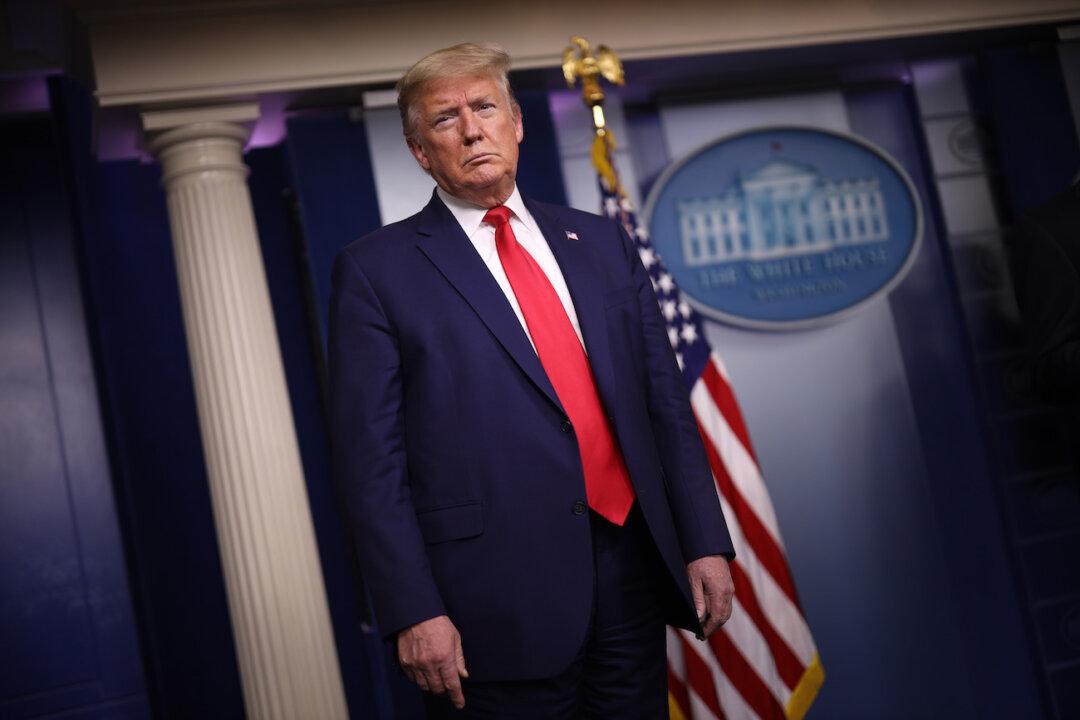Seeking to further shore up America’s beleaguered small businesses amid the pandemic, President Donald Trump said on April 4 that he would consider increasing relief funds if they run out.
“I will immediately ask Congress for more money to support small businesses under the #PPPloan if the allocated money runs out,” Trump said in a tweet, referring to the Paycheck Protection Program that’s part of the $2.2 trillion relief bill and put in place to help small firms keep workers and pay bills during the pandemic.





